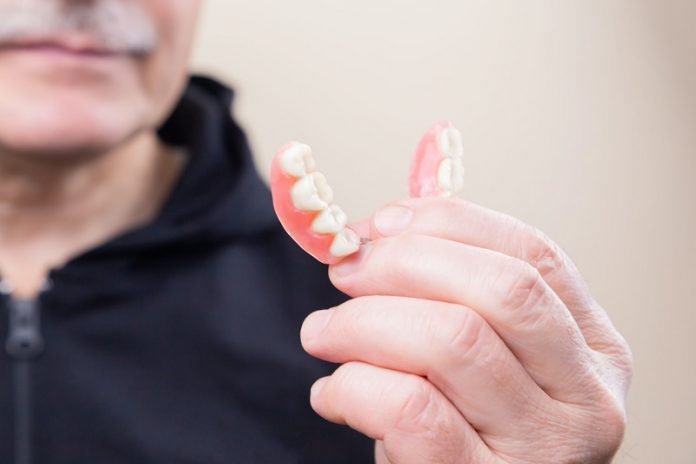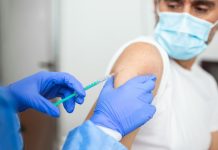
In a new study from the University of North Carolina at Chapel Hill, researchers found that for adults who have had a stroke, good dental care could help prevent a second stroke.
Early results of the study also showed that when patients receive proper dental care for gum disease, secondary stroke events occur less often.
Gum disease, also known as periodontal disease, can damage the tissue that holds teeth in place.
In the current study, the team examined a group of 280 patients who had experienced a recent stroke and had periodontal disease.
Researchers aim to determine if treating periodontal disease reduced the occurrence of a second stroke.
Study participants were split into two groups—one receiving standard periodontal treatment and one receiving intensive periodontal care.
Standard treatment included brushing teeth with a manual toothbrush and removal of plaque similar to a routine dental visit.
Intensive treatment included two plaque removals, extraction of hopeless teeth, antibiotics and use of mouthwash, an electric toothbrush, and an air flosser.
They found that any level of periodontal care following a stroke seems to reduce the chances of a second stroke event. The finding is very important for the long-term health of those who recently had a stroke.
Researchers did not find any significant difference in reduction in stroke events between subjects who received standard care versus intensive care.
Overall, people who have experienced a stroke and those who have not should try their best to take care of their oral health.
If you care about stroke, please read studies about combo therapy that can cut risk of heart attack and stroke by half, and drinking coffee this way can help prevent stroke, heart disease.
For more information about brain health, please see recent studies about cognitive problems linked to COVID-19 infection, and results showing that doing this may improve older people’s cognitive function in daily life.
The study was presented at the American Heart Association International Stroke Conference.
Copyright © 2022 Knowridge Science Report. All rights reserved.



